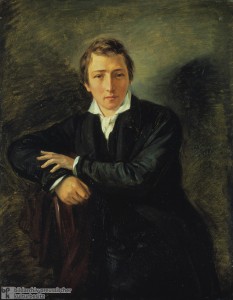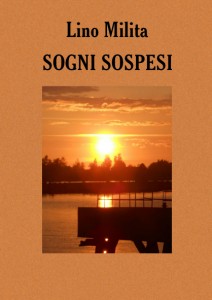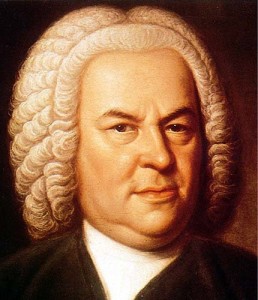In the languages and modern techniques is the supposed evidence in composing female and male in the division of the heart and brain; in a quadrilateral where each element is intended to separate and then it is juxtaposed with the senses and intellect.
And all this is even more true for the inclination of an “artist” or a “mathematical”
We believe to reason and discern with pieces of meat hanging in the butcher shop.
Painter: Giacomo Sonaglia
Yet the act of writing poetry, even before writing, this is because it expresses what the body feels and emanates towards everything that is real. But expresses all using the contemplation of the sublime of every aspect of the real, which is seen as a universal act. Each poem as it is complex, it is a composition immediate with what the body expresses at the time, birth, death, the meaning of love and hate.
Cloverleaf of migrant stars (poetry comes from “Suspended Dreams”)
Everywhere I look obsequious and anxious
the four large paintings of the horizon,
that they offer the ocean from the ground chamfered
of flames that rise up the air excitedly.
The aerial messenger gives yellow
Autumn chased, severe, from
winter shadow of the leaves in heap
where they intersect the angle of the cloverleaf.
And to regain the presence of emerald
springs that erupt from essences,
these reproduce the ecstatic thaw
of the stars of the leafy stem.
Each clover is also a quadrilateral of shadows
who deny the association hidden,
but the stars migrants hearts heavenly
report the blazing grafts.






